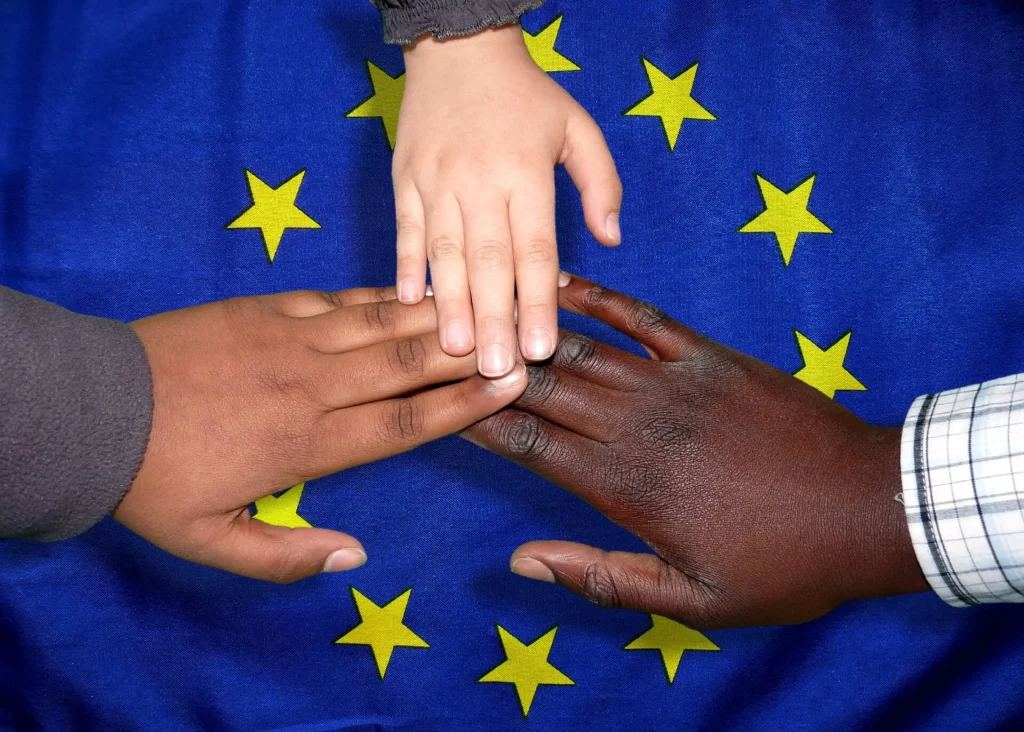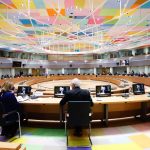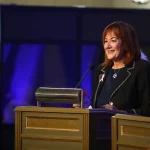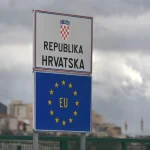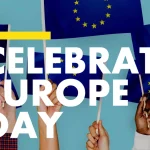Faced with a drop in citizens’ trust, the European Parliament, the European Commission and the Council of the EU in September and October invited 800 randomly selected EU citizens to discuss topics important for the 27-member bloc in the European Parliament in Strasbourg. A group of 200 citizens will discuss migrations and the status of the EU in the world at the fourth panel, taking place from Friday to Sunday.
Dragan Volarević, a pensioner from Zadar and one of the three Croatians participating in discussions this weekend, called for putting on the agenda the topic of migration of people from eastern to western EU members.
“Around 10% of Croatians have emigrated, mostly young and highly educated people who are needed in every country. I was surprised the most by the fact that the first person to support me was a young Dutchman who is also interested in this topic even though his country does not have the problem of emigration of young people,” Volarević told Hina.
He believes that the EU should help countries like Croatia, Bulgaria and Romania create favourable conditions for young people to stay and work in their countries.
As for immigration from third countries, participants in the panel agreed that EU countries should show solidarity with refugees and migrants.
Migration is a burning issue across Europe, notably Mediterranean countries, as well as in Poland, Great Britain and on the border between Croatia and Bosnia and Herzegovina.
We must avoid human losses if we want to call ourselves civilised countries but we are not doing enough to define concrete solutions, said Antonio from Italy.
For solutions to be defined, politicians should listen more, says Volarević, who described his experience at the first panel session in Strasbourg last month.
“During debates in working groups, members of the European Parliament had answers prepared in advance, and while presenting them they spoke of different, often unrelated topics, without keeping track of time, which is why only two citizens had the opportunity to speak,” he said.
The second panel session, dedicated to migrations and global politics, was held online. Ten sub-topics were presented at it on Friday, of which five are related to migrations while the other fire have to do with the status of the EU in the world, and they will be discussed in greater detail by working groups on Saturday.
As regards migrations, EU citizens will work on recommendations on border control, on how to respond to illegal border crossings, how to facilitate access to official border crossings, how to integrate migrants in the labor market and education system, and how to facilitate the acquisition of EU citizenship.
With regard to the EU’s status in the world, the discussion will focus on the EU’s external policy which is in line with its values, such as promotion of democracy and human rights, changes in decision-making in the field of external policy so that the EU can define itself as a global power and strengthen the common foreign policy, on European defence forces, policy towards Russia and China, and the strengthening of trade.
For more on politics, follow TCN’s dedicated page.
For more about Croatia, CLICK HERE.

